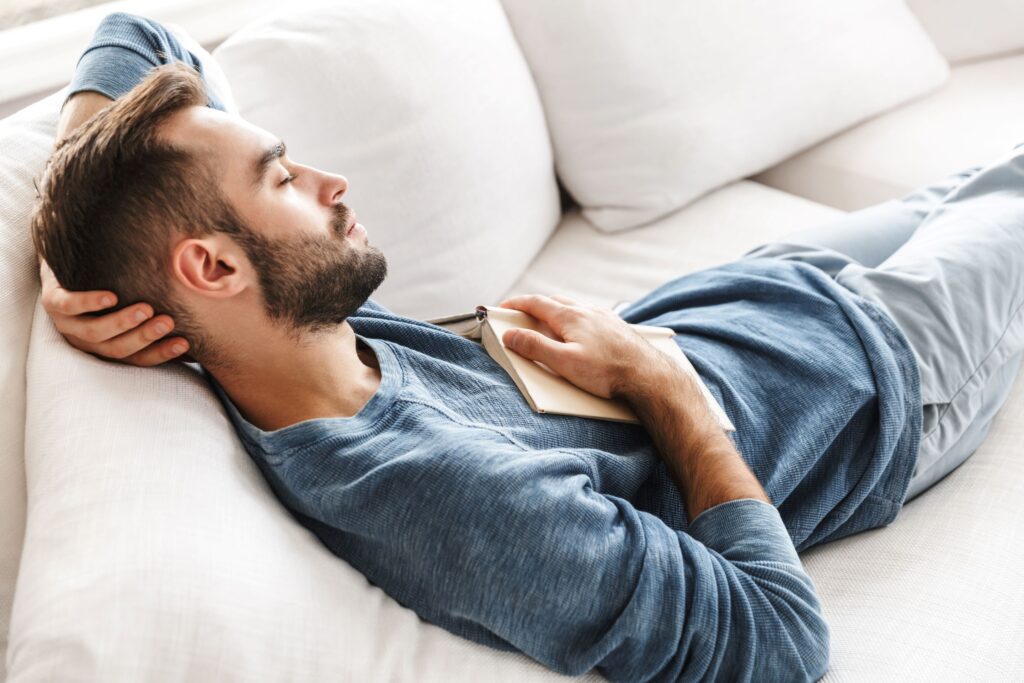
Do you wake up in the morning feeling more drained than when you went to bed the night before? If so, you might have sleep apnea. People with this condition suffer from obstructed or interrupted breathing and night that prevents them from completing all the stages of their sleep cycles necessary for deep rest and rejuvenation.
If you have this disorder, you likely also struggle with daytime exhaustion, which can sometimes be cured with a nap. However, dozing off briefly during the day can potentially keep you from resting properly at night. If you have sleep apnea and wonder whether napping affects your health, continue reading to learn more about it!
Can Napping Prevent Me From Falling Asleep at Night?
Your body knows when it’s not getting enough rest and builds what’s referred to as a “sleep debt” or “sleep deficit”. It can accumulate over time, and the greater it grows, the more it impacts your concentration, mood, and overall health.
You might think that dozing off during the day might help with the symptoms of your disorder because it helps catch up on z’s that you missed the night before. While it’s true that naps can potentially restore alertness, reduce mistakes, and enhance performance under normal circumstances, they’re not always recommended for those with sleep apnea.
How Does Napping Impact My Sleep Apnea?
Treating sleep apnea is important because it addresses the underlying issues that keep you from quality rest, so that your body can start to recover some of your sleep debt. While you might think a quick catnap will improve your day, it can potentially worsen your nighttime disorder.
Many people with sleep apnea have obstructed breathing or other issues that make it difficult to fall and stay asleep in the evening. Maintaining your sleep deficit throughout the day can help you feel more tired at night, so it’s easier to nod off.
How Can I Fall Asleep At Night?
One effective way to train your body to start to unwind at night is by sticking with a routine. Toning down the lights, brushing your teeth, and preparing for bed at the same time each night builds consistency that helps your system relax into sleep. Unfortunately, napping during the day can confuse your internal schedule and interrupt your natural circadian rhythms, so you may want to avoid it.
If you continue to struggle with daytime exhaustion and don’t have a sleep apnea diagnosis to get treatment, now’s the perfect time to schedule a consultation with your sleep dentist!
Meet the Author
Dr. David Lloyd is passionate about helping patients improve their lives by enhancing their ability to get a good night’s rest. He earned his dental degree from the Emory University School of Dentistry, and is a member of several prestigious organizations, including the American Academy of Dental Sleep Medicine and the American Dental Association. He’s happy to discuss your circumstances to devise a treatment plan to meet your unique needs, such as fitting you with a customized oral appliance to ensure your airways remain open at night. You can request an appointment on the website or call (386) 253-0115.
